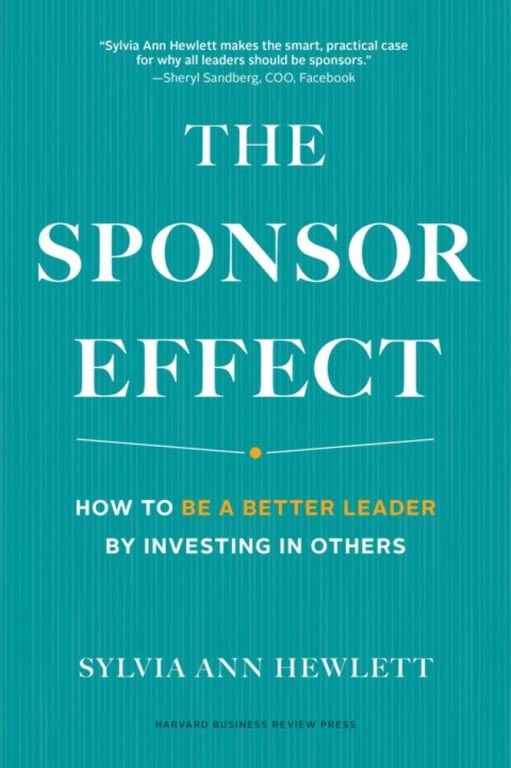FT business books of the month:
The Sponsor Effect: How to Be a Better Leader by Investing in Others, by Sylvia Ann Hewlett
If you have ever wondered what the difference is between mentorship and sponsorship, Hewlett sets you straight in the opening pages of her book. “As a mutually beneficial relationship, sponsorship is much deeper and more rewarding than traditional mentorship, a relationship in which a senior person ‘pays it forward’ by giving guidance to someone more junior, often casually and not for very long.”
Sponsorship, on the other hand, is a long-term affair — and mutually beneficial to both parties. The benefits, as Hewlett outlines them, are clear to those who have already been in sponsor and protégé relationships: “Leaders who rise to senior levels of their organisation have almost always invested heavily in a select group of outstanding protégés who boost their productivity and become new leaders for the organisation.”
Sponsorship requires effort on both sides, and for the chosen protégés to show loyalty to their sponsor and employer — disloyalty will end the relationship. Hewlett is careful to show how nurturing talent will pay off for leaders — and boost the bonds of loyalty and trust. Later chapters offer “how to’s” and examples of sponsorship that have worked out well, as well as some that have not.
One of the main points Hewlett makes is the role that sponsorship plays in forging successful, diverse leadership teams. She does not shy away from the problems facing (for example) older male leaders who are sponsoring younger women, and devotes a chapter to , offering some common sense rules to “foster an atmosphere of openness and respect” — and head off malicious gossip. These include: “Be noisy — make sure everyone in your orbit knows whom you are sponsoring and why,” and, “be public . . . meet with your protégé in the company cafeteria”.
 1 / 1
1 / 1